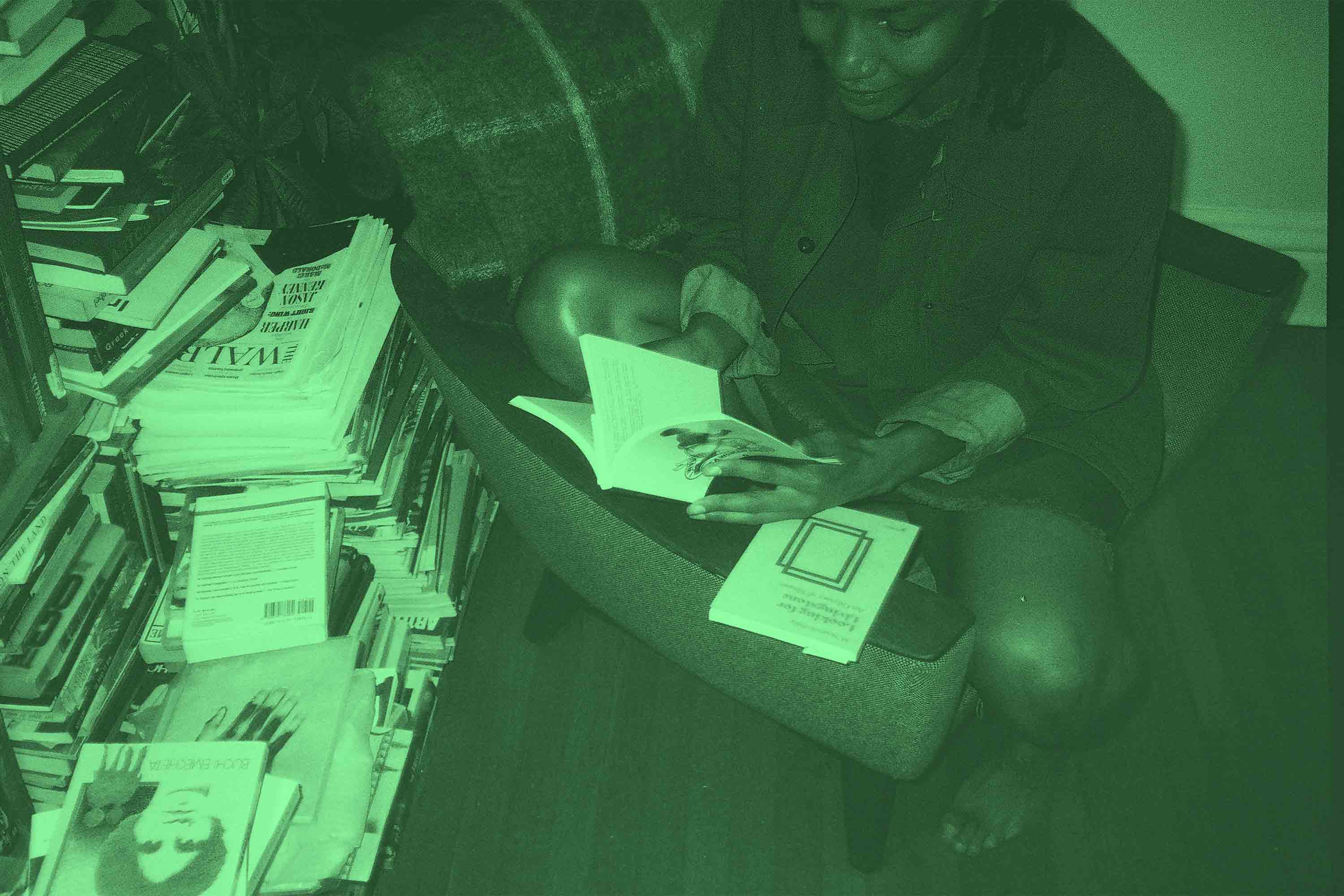
August 13, 2019
Yaniya Lee
A Conversation on Growth
August 13, 2019
Yaniya Lee
A Conversation on Growth
Yaniya Lee is a Toronto-based writer and editor interested in the ethics of aesthetics. She was a founding collective member of MICE Magazine and is a member of the Emilia-Amalia Working Group.
Her writing has appeared in Flash, FADER, Vulture, Canadian Art, VICE Motherboard and C Magazine. In 2017 she participated in the Banff Research in Culture: Year 2067 residency.
In 2018 Lee was reader-in-residence at the Blackwood Gallery and she was the 2017-2018 writer-in-residence at Gallery 44. Last year she taught Art Criticism at the University of Toronto. She is the 2019 researcher-in-residence at Vtape. Lee currently works as associate editor at Canadian Art magazine.
Michael Nyarkoh
Yaniya Lee
What is growth to you?
I think growth is about self awareness. What I wish for the entire world is radical self awareness. I think growth is about being able to check in with yourself and say, “This is where I’m at. This is my environment. These are the things I feel good about, or bad about”. Doing that through time in such a way that you can look back and feel good, or different, about what you’ve done. And so for me, growth is change, and hopefully change for the better. Change is me self actualizing in such a way that I can do the things that I want to do and have the effect in the world that I hope to achieve.
What was the last exciting piece of work you saw?
I went to see an exhibition at Mercer Union by a woman named Jennifer Rose Sciarrino. It just made me so happy. She makes these really delicate, strong, beautiful sculptures out of stone and hand-blown glass. There is something about seeing the sort of meticulous, handcrafted artworks that made me feel good. And it made me think of other female sculptors that I love, like Louise Bourgeois or my friend Tau Lewis. Or Carol Bove or Simone Leigh. There are so many amazing female sculptors.
Sometimes in art nowadays [things get] a little diluted or shifted, or they are [so] conceptual that we forget about their materiality, and the pleasure of just looking at or being around certain objects. A lot of the artists that I like are able to do that and take joy in their materials in a way that that joy becomes a part of what they make. And then when I see their work I experience that, even before thinking about what it means or what [the artist] has to say. It’s just about the experience.
You’ve been working in this space of art writing and editing for sometime. Would you say you have freedom as a writer to do the type of work you wish to do?
Right now I work for a magazine four days a week. I have a salary and benefits, and that’s really rare for a writer. Its rare to have an employer that pays you to share your ideas, to write, to think with other people and to be a part of shaping and crafting a platform. So I feel really good about that situation.
That being said, writing is always hard. The sense of freedom as a freelance writer can be really limited. Let’s say you’re writing for a living: you’re always hustling and trying to get paid. Pitching things that maybe you like, but [might be doing] because you need the money. That has shifted for me, and that’s what has been nice about having developed the work that I have done, and it means I am able to write more about things that I care about.
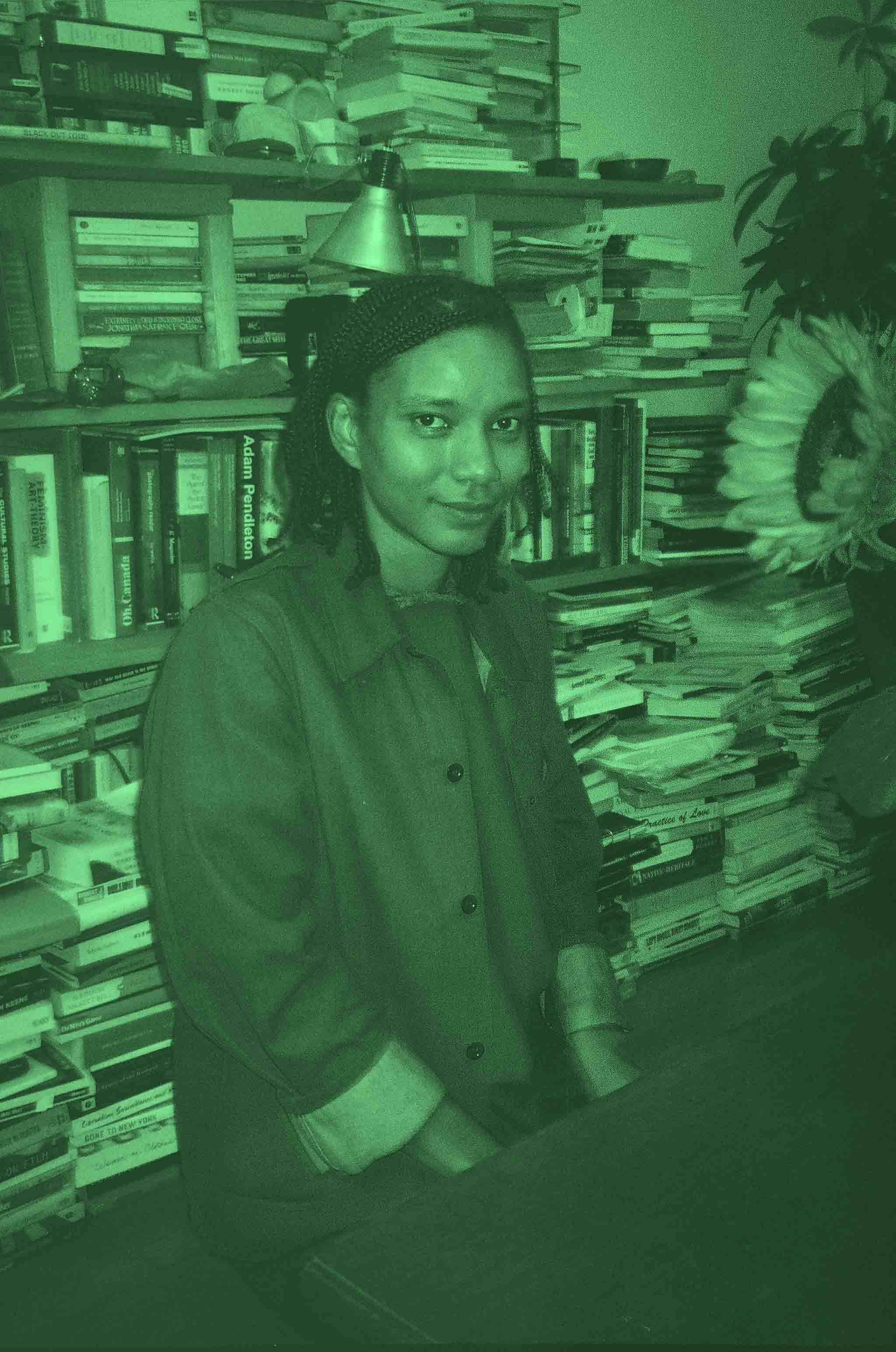
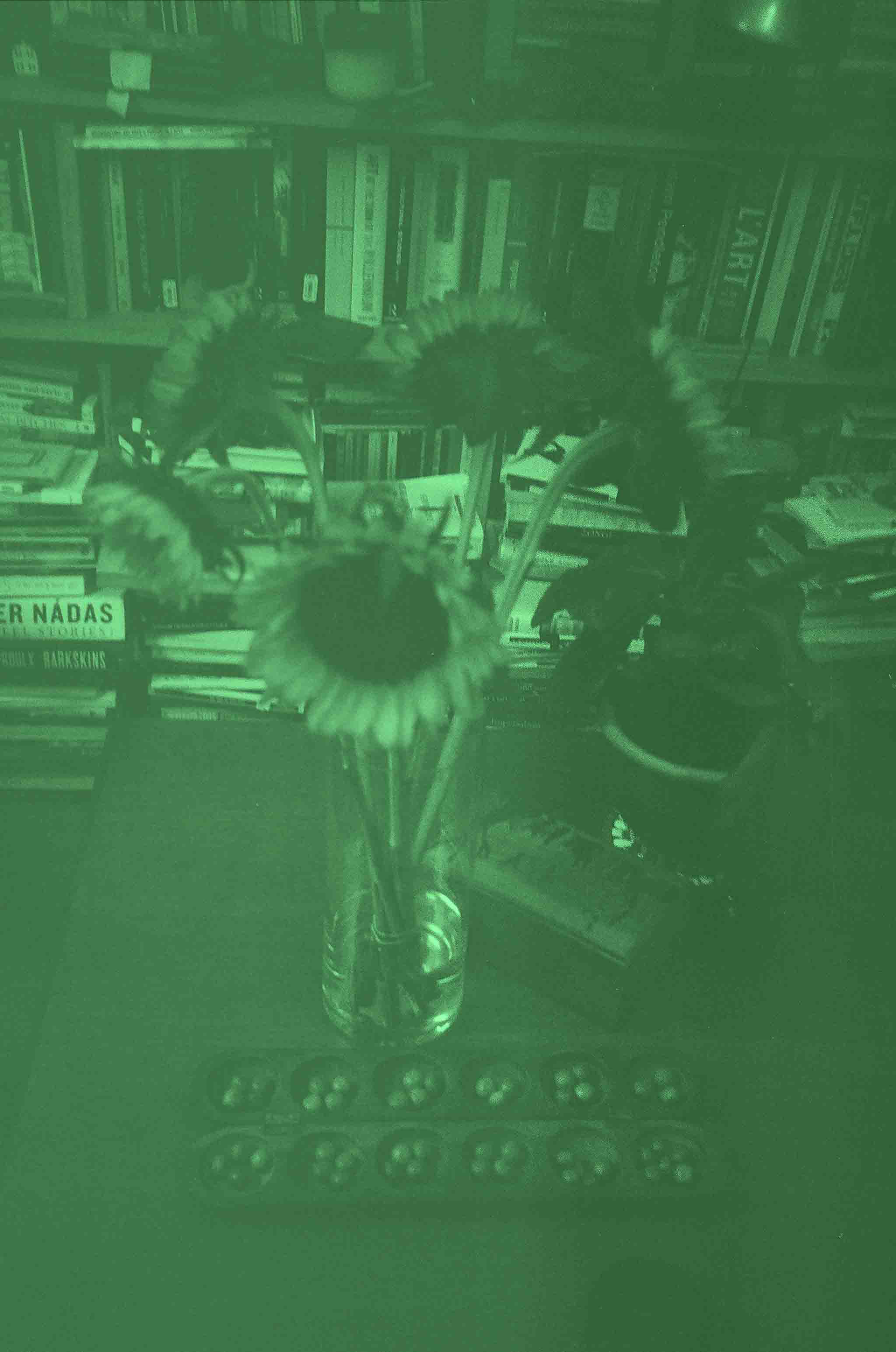
“Change is me self actualizing in such a way that I can do the things that I want to do and have the effect in the world that I hope to achieve.“
What is the end goal for you? When it is all said and done what is the legacy you hope to leave behind?
I just want to be a really good writer.
I don’t know if that is a legacy, but my interest is in language. (Laughs) First and foremost. And then after that being able to understand the world around me through art. That is the lens or frame that has been the most exciting to me to think about and to talk about with other people. Like, when you are able to come together and talk about art, the way things look, the way people do things. The way they move through the world. The way they repurpose what they see and do; I think that those conversations are always the most generative. So my end goal, or what I hope for, is to find space of ease and comfort with writing, but also with putting it out there, because that still feels like a struggle sometimes.
I am figuring out what I want to say and how I want to say it. It’s a constant process and I don’t know if there will be a day when I know exactly how to say what I want to say. I always trying to get better at refining my thinking and translating that into language. And I want the distance between those two, between thought and language, to get closer and closer. That is the end goal.
The thing that you want to say, is that clear right now? Or are you thinking about other things?
I am thinking about so many other things all the time. When I started writing about art in Montreal, I was writing for free for weeklys and blogs, and I was excited about art at the time. Over time I realized, “wait these are mostly white, mostly male artists that I am talking about.” There were women, and there were things that were cool. But most of the time the people that looked like me, or reflected the cultures that I [knew] from growing up as the daughter of black, feminist lesbians were not in the art spaces I was being sent to write about.
Trying to understand the ecology of an art world that would feel so comfortable leaving those voices, practices and people out was a big part of what I became interested in. That’s what fueled me. At that point it wasn’t even about writing all the time. It was like, “What the hell is going on? What is the art world? How do these things fit together?” Because I wanted to understand the larger context so that I can talk about the thing. The thing being the art or the practise. And I think over time that has shifted, because I figured out what I like and what I don’t like in certain artists’ practises.
I developed friendships with some arists and through our ongoing conversations where I learn and grow with them as they think through their sense of the world. They do it through material practice and I am doing that with writing. So I get to continue to think in conversation with people, which manifests as me doing a lot of interviews, and being involved with a lot of collaborations. So I write, but right now I’m also in a collective called Emilia-Amalia.
And I’m doing a couple things on the side. As long as I have been writing I have been involved with some kind of collective or collaboration at the same time and that has been just as important to me as doing my individual writing.
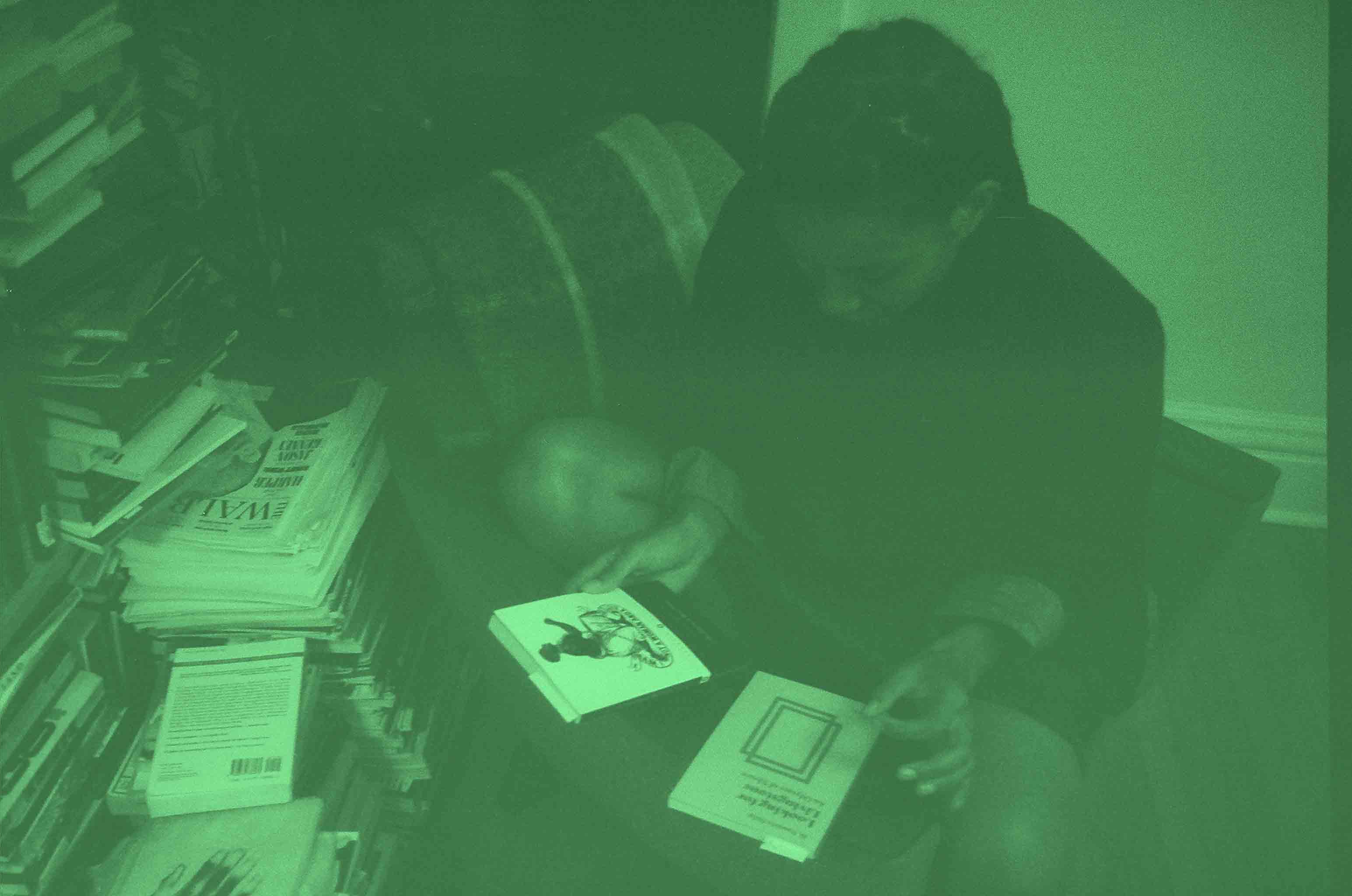
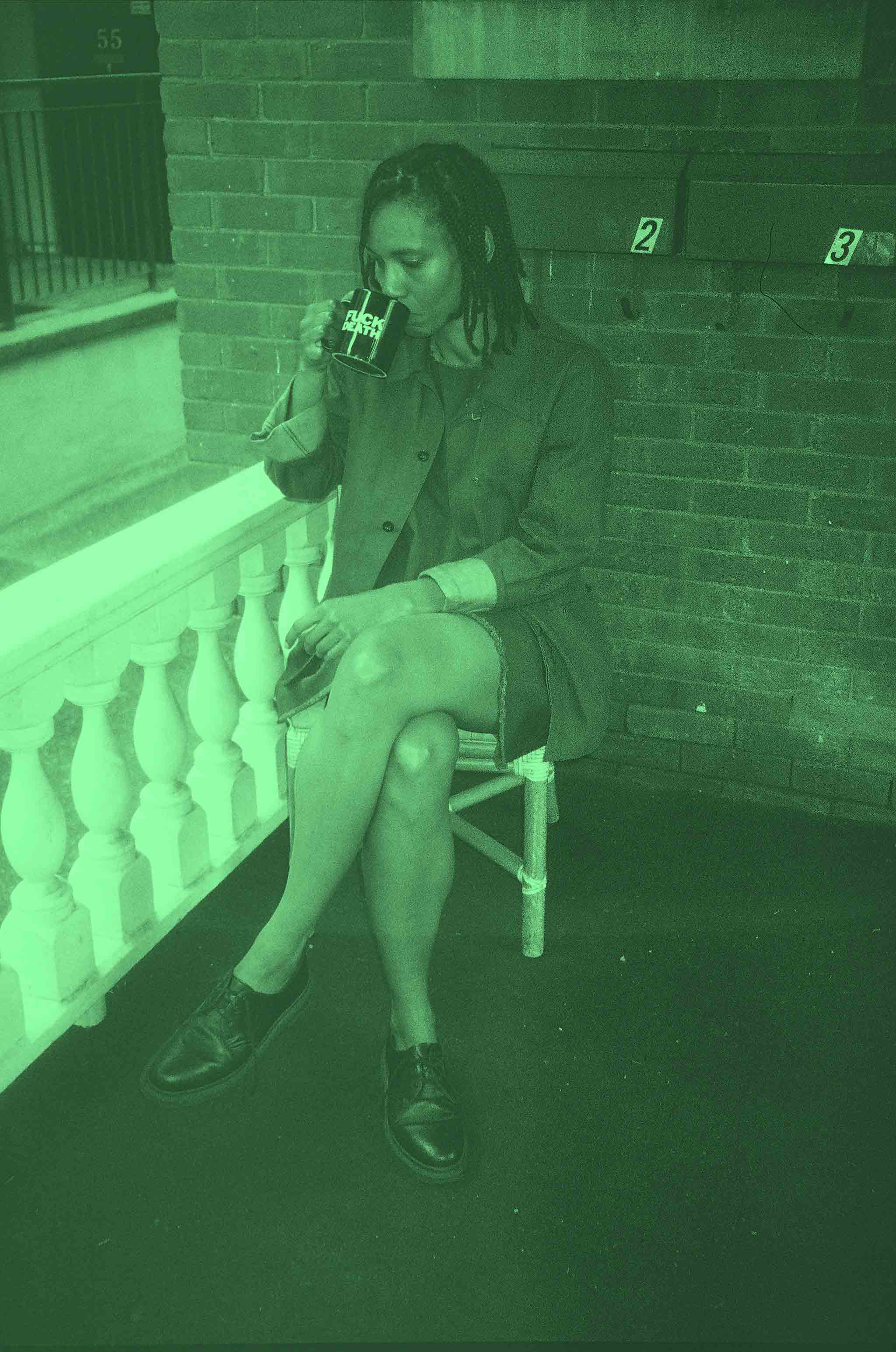
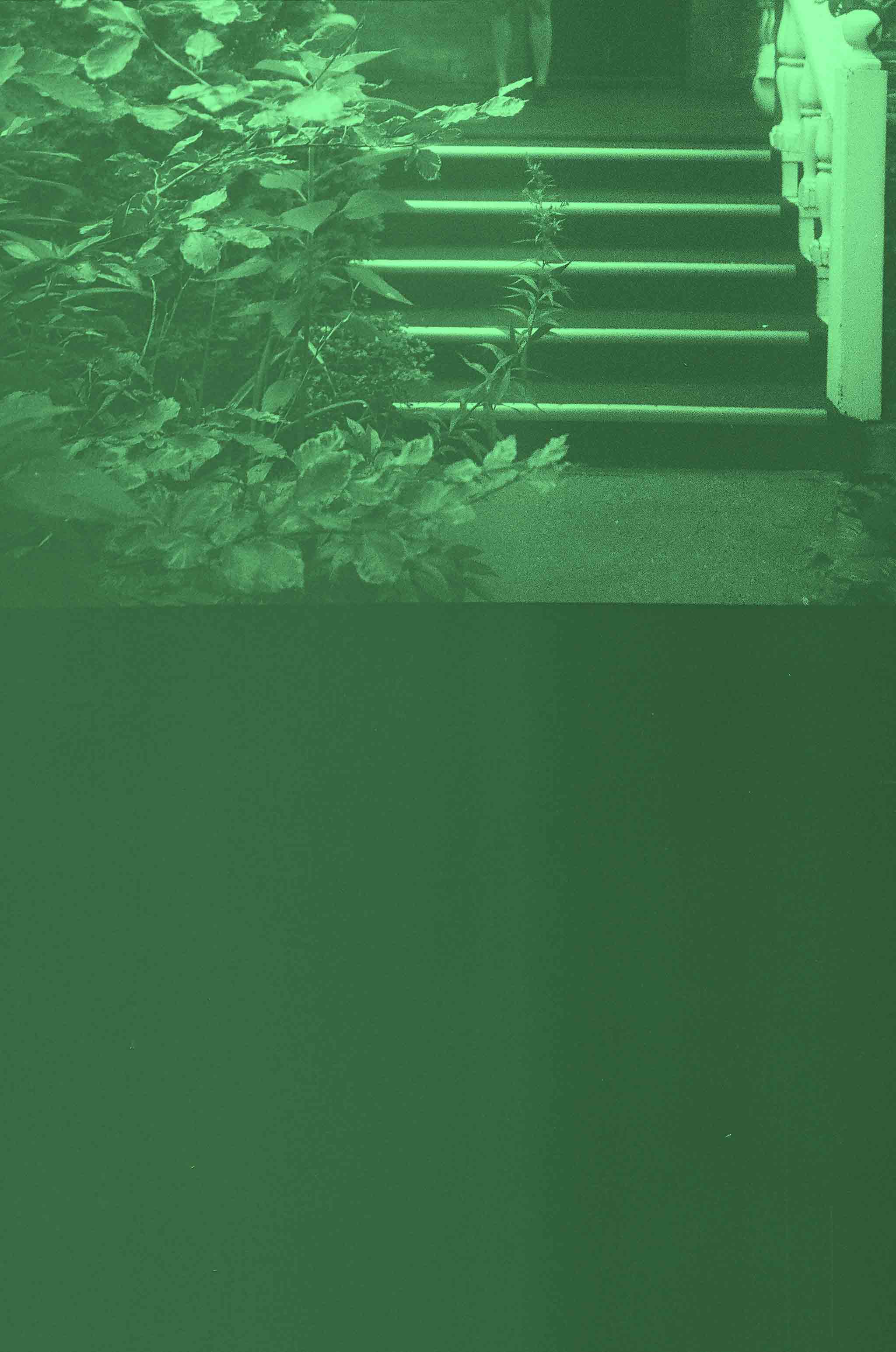
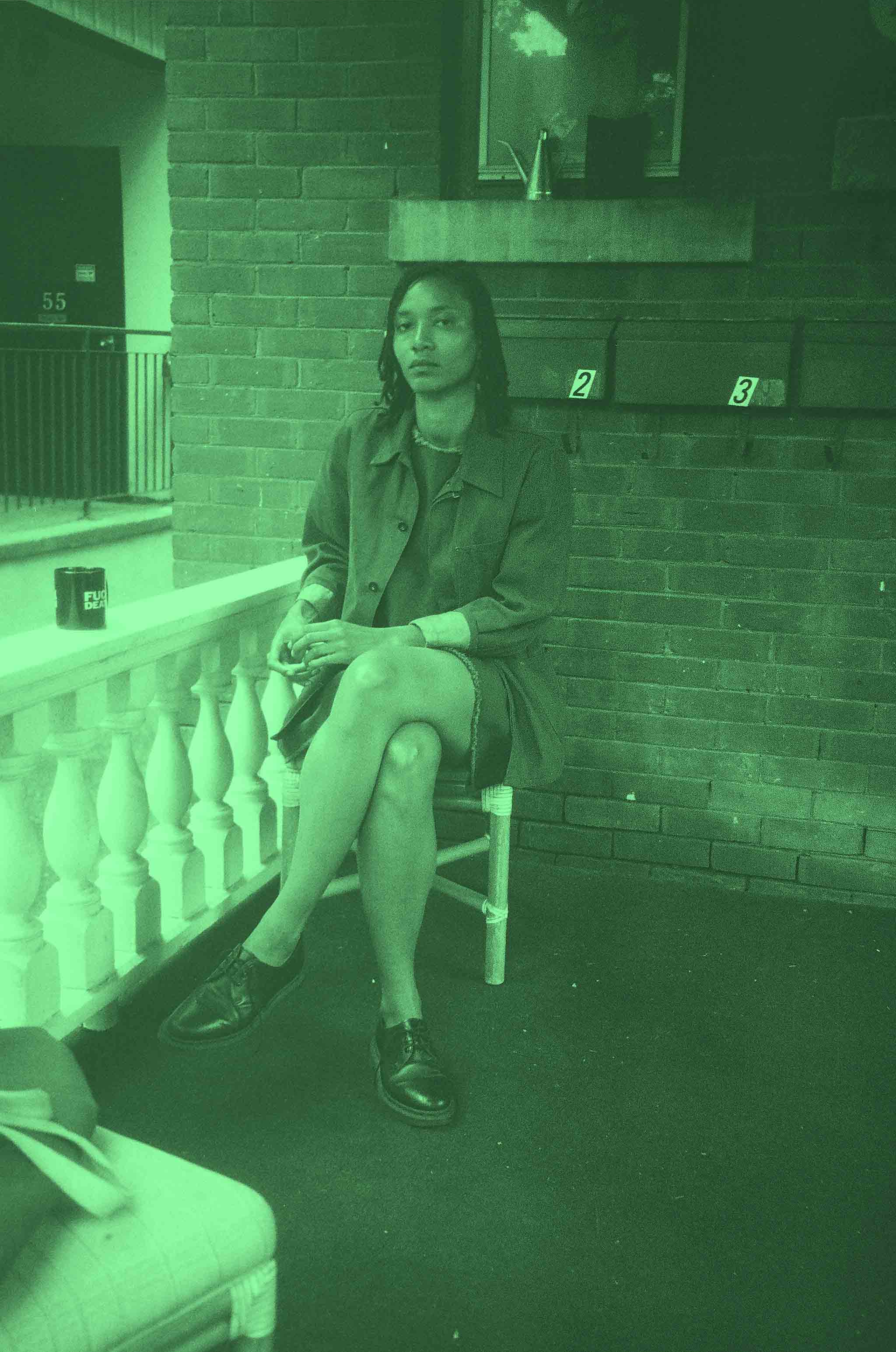
How much do men suck in the art/publishing world ? What structural changes would you make?
I don’t know about men sucking in particular. I would say that the structures of the art world are very much made to benefit and raise up mostly white, mostly male people. And when people who aren’t white or male get into those positions of real power or authority, I don’t expect them to change the whole system or to break it.
I think it’s important to think about how power operates and how it moves, instead of looking to the individual. It is good to look at the context and how everybody is interrelated, to see who is being propped up and at the expense of whom. Like who is the person always doing a certain type of labour or a certain kind of work. Who is the person most likely promoted over somebody else. And if we are able to trace how power moves in that way we can understand what’s fucked up about it. So it’s not necessarily just the men.
It is about a greater awareness on everybody’s behalf, especially in the art world, of how power works. And if we are able to have open conversations that aren’t about cancel culture, and aren’t just about cutting people off, if everyone comes to understand how we are implicated and in it together, I think that’s the way we can untangle power. It takes a push from above as much as it takes a push from below. We all have to be part of that change.
What do you want to say yes to?
First, I want to say yes to life, to eating, to sleeping, to fucking. Just pleasure. I think the life that I’m in, a lot of people I see around me, we just get really distracted by working working working. Second, friendship, love, intimacy, care, sharing, collaboration. Then third, I want to say yes to things that I am passionate about or that other people are passionate about. When you put that kind of energy towards something, you grow and you change from it. We can cut out a lot of the shit if we just focus on what excites us. We spend too much time at deadening jobs feeling shitty, not eating right, not taking care of ourselves. I think we have an internal compass that tells us what we need to gravitate towards and it would be nice to listen to that more.
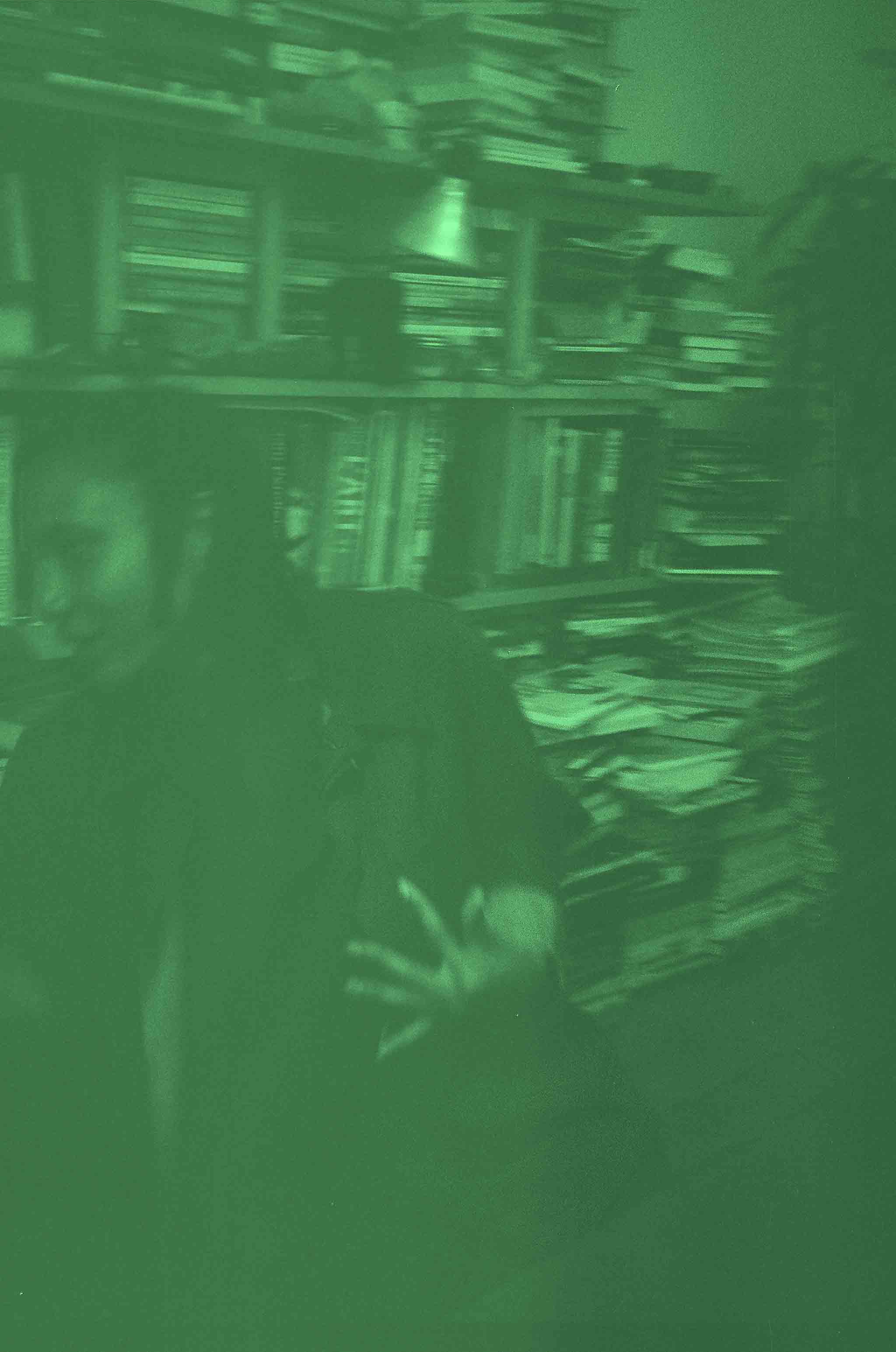
Interview & Photography: Michael Nyarkoh